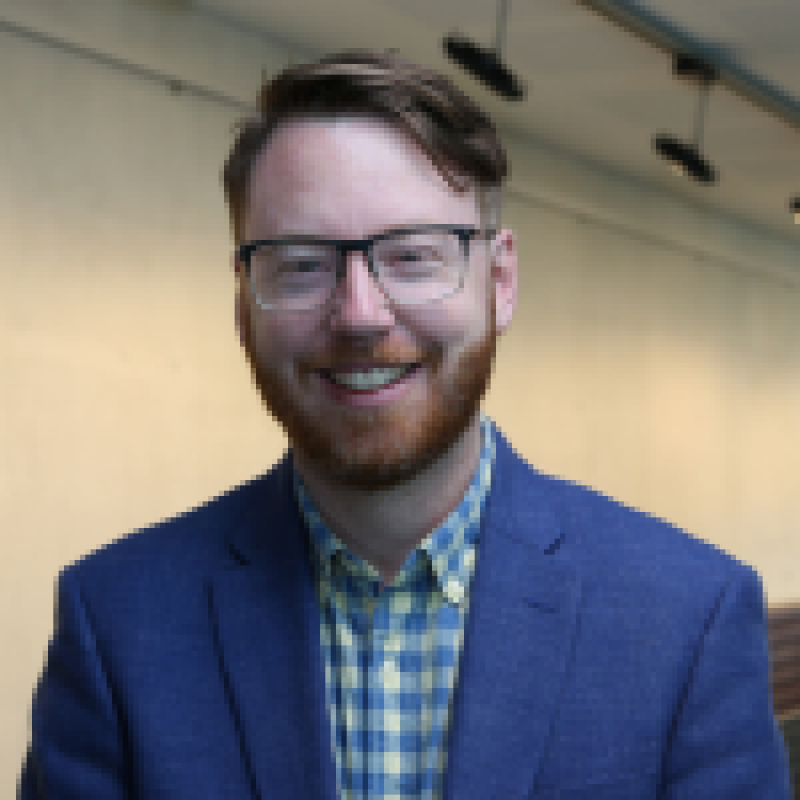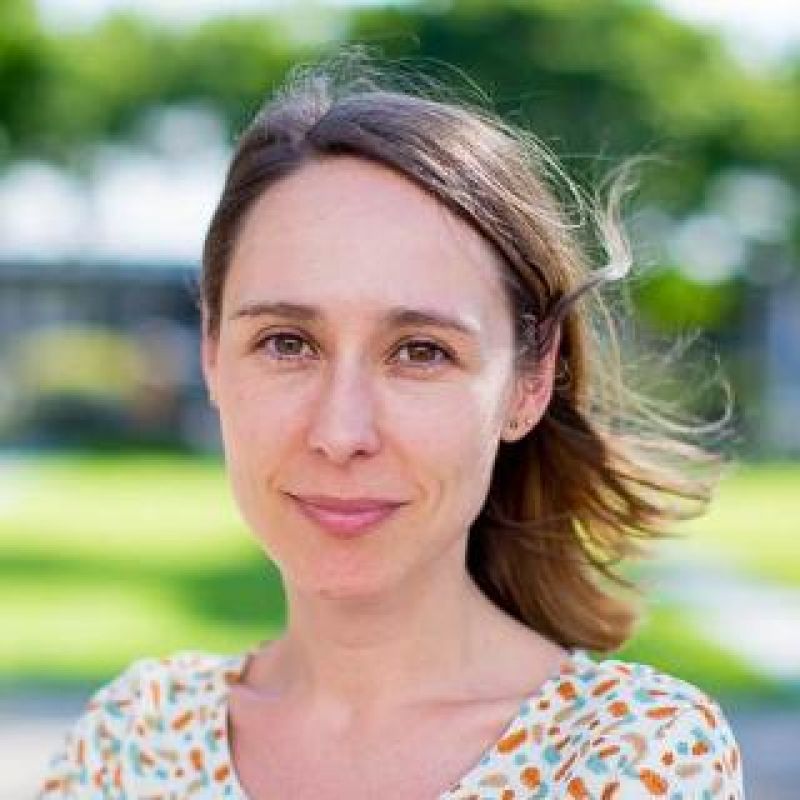Supervisors

- Position
- Professor in Digital Communication
- Division / Faculty
- Faculty of CI, Education & Social Justice

- Position
- Professor
- Division / Faculty
- Faculty of CI, Education & Social Justice

- Position
- Professor - Digital Media Studies
- Division / Faculty
- Faculty of CI, Education & Social Justice

- Position
- Senior Lecturer
- Division / Faculty
- Faculty of CI, Education & Social Justice

- Position
- Division / Faculty

- Position
- Associate Professor
- Division / Faculty
- Faculty of CI, Education & Social Justice

- Position
- Associate Professor
- Division / Faculty
- Faculty of CI, Education & Social Justice

- Position
- Adjunct Senior Lecturer
- Division / Faculty
- Faculty of CI, Education & Social Justice

- Position
- Associate Professor
- Division / Faculty
- Faculty of CI, Education & Social Justice

- Position
- Senior Lecturer (Journalism)
- Division / Faculty
- Faculty of CI, Education & Social Justice

- Position
- Division / Faculty
Overview
Digital and social media platforms provide new opportunities for public communication, and the formation of distinct publics and communities around shared interests and identities. Such publics may engage in political debate, popular media fandom, science communication, vernacular creativity, and other activities; but they may also be affected by, or actively engage in promoting, mis- and disinformation and other problematic content. Their activities are also shaped by the features and affordances of the platforms they use, from Facebook and Twitter to TikTok and Weibo, and by the broader social, commercial, and political contexts of the societies in which they operate.
The Digital Publics research program within the Digital Media Research Centre uses innovative, mixed-methods research approaches involving advanced data science as well as forensic qualitative methods to:
- investigate the evolution of digital publics and other communities in Australia and the world
- study the communicative practices of digital publics and online communities, and their role in society
- develop new frameworks for the qualitative, quantitative, and mixed-methods study of online public communication
- examine the role that digital platforms, including their technical affordances and institutional operators, play in shaping user practices
- work with state, civic, and industry partners to promote safe and constructive engagement in digital spaces.
Skills and experience
You must have completed a first-class Honours degree, a research Masters degree, or a coursework Masters degree with a significant research component from a recognised institution and in a relevant discipline (communication, media studies, cultural studies).
Keywords
- digital publics
- online communities
- public communication
- social media platforms
- digital research methods
- computational social science
- misinformation
- disinformation
- fake news
- polarisation
- hyperpartisanship
Contact
Contact dmrc@qut.edu.au for more information.